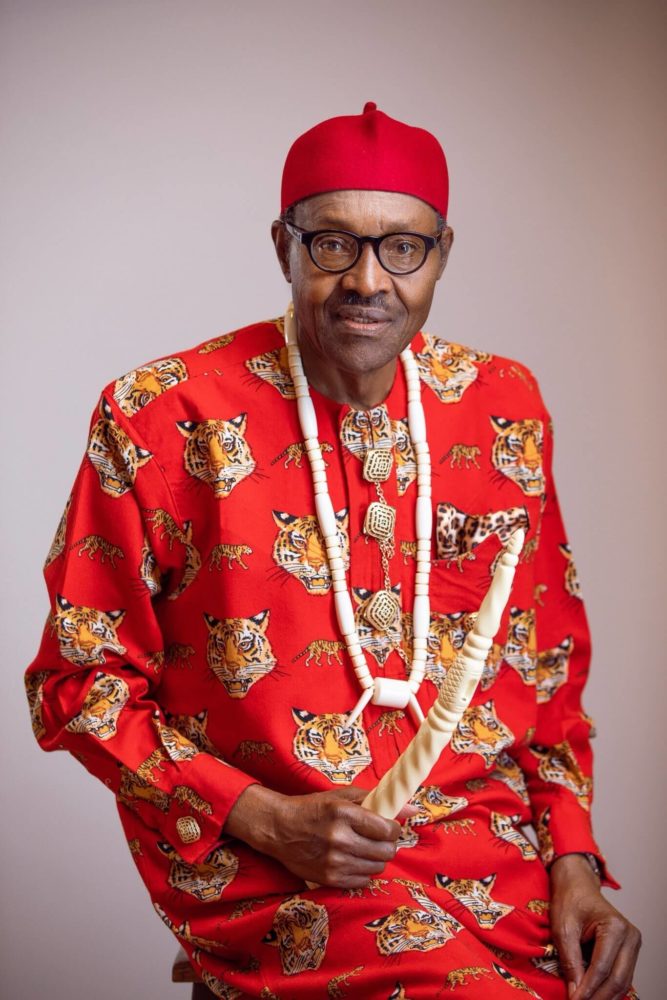
As President Muhammadu Buhari clocks 77 today, odunews.com brings to you some of the highlights of the President’s administration.
The ‘second coming’ of Buhari was well planned by the All Progressives Congress. The electoral promises were direct and many Nigerians believed the APC is the saviour they ‘never expect’. However, just like pre-marital promises, many of what was promised are still hanging in the year.
Odunews.com compiled some of the areas highlighted by the President and score his performance in these areas.
1. SECURITY – 4/10
Being a former military ruler as against his predecessor, Goodluck Jonathan, many believed Buhari would ‘easily’ end the security challenges facing the country. The terrorist group, Boko-Haram, is said to have had a field’s day in the previous administration. Buhari’s emergence led to a change in the strategy used in combating the Boko Haram menace. The first thing he did was to relocate the country’s military command from Abuja to Maiduguri, the birthplace of Boko Haram.
Ab inito, the step proved successful with the Nigerian troops regaining lost territories and claiming lots of victories against the sect. It has however changed in recent time with the different attacks recorded. The sect has attacked military bases, killed security workers and recently executed four aid workers few days to the President’s 77th birthday.
The high rate of kidnappings taking place across the country, the herder-farmer clashes which has led to the killing of hundreds and displacement of thousands among others are also security challenges being battled by the Buhari-led administration.
2. ECONOMIC GROWTH 4/10
Before taking office in 2015, Buhari campaigned on a promise of delivering annual economic growth of about 10 percent annually. But the realities of global oil markets collided with that pledge.
Nigeria is Africa’s top oil producer. Like many petroleum-rich states, it depends heavily on oil for foreign currency and income and has failed to sufficiently diversify its economy to guard against price shocks.
Unemployment has surged since 2015, while per capita incomes adjusted for inflation have fallen.
According to World Poverty Clock, Nigeria overtook India in 2018 as the country with the largest number of extreme poor, with roughly half the population – some 87 million people – living on less than $1.90 a day.
Creating a more hospitable climate for business activity, investment and job creation is key to alleviating poverty and unlocking Nigeria’s economic potential.
3. Anti- Corruption 6/10
The anti-corruption commission has had a busy time prosecuting alleged corrupt individuals and politicians.
Some Nigerians are of the opinion that the anti-corruption war is however selective and thus used as a tool of witch-hunt and persecution to weaken opposition. Those who hold this belief substantiate they claim with list of members of the main opposition party, People Democratic Party (PDP) standing trials. The list includes Former PDP national publicity secretary, Olisah Metuh; former national security adviser, Sambo Dasuki; former president aide, Dafuda Waripamo Owei; Chief Raymond Dokpesi and a host of others.
This could however be contended with the recent conviction of the Senate’s Chief Whip, Orji Uzor Kalu, who was sentenced to 12 years in prison some few weeks ago. Also the conviction of the following persons give credence to the ‘sincere’ corruption fight of Buhari: Former secretary to the Government of the Federation, Babachir Lawal; Director of Nigerian Intelligence Agency, Wale Oke; former governor of Plateau State, Senator Josuha Dariye, Former governor of Tarawa State, Jolly Nyame and former Accountant-General of Kebbi State, Muhammad Dakingari.
Amidst the alleged ‘veil’ used by the anti-corruption war, the Buhari led administration has recorded success. A thief is a thief whether the convicted belongs to the ruling party or the opposition.
4. Human Rights 2/10
This is one aspect Buhari’s administration seems to have failed woefully. The list of court orders disobeyed by the Buhari led executive council will attest to this. Sowore’s continued detention and the many drama that has accompanied it is one of the major woes of the president in terms of human rights.
The travails of El-Zakzaky further attest to Buhari’s ‘regime-like’ tenure. The Shiites leader should have been freed since December 2, 2016, when Justice Gabriel Kolawole of the federal high court in Abuja ordered the release of Ibraheem El-Zakzaky and his wife, Zeenat from the custody of the Department of State Services. Till today however, the shi’ite leader and his wife are held in the Kaduna prison.
Former National Security Adviser, Col. Sambo Dasuki, is also one of the persons, who is still in custody, despite several courts ordering his release.
On Monday, July 2, 2018, the Federal High Court in Abuja granted bail to Dasuki from the custody of the DSS where he had been detained for two and a half years as of that time.
The Economic Community of West African States Court of Justice on October 4, 2016, ordered his release from the illegal custody; a judgement which the DSS had not obeyed till today.
As President Muhammadu Buhari celebrates his 77th birthday today, all these should be given cognisance as that could make Nigerians remember him when he’s long gone. Growth is decay as some philosophers say and today has marked another reduction in the president’s life-span. Nigerians expect better!
A reflective birthday is all Buhari needs to have!!

